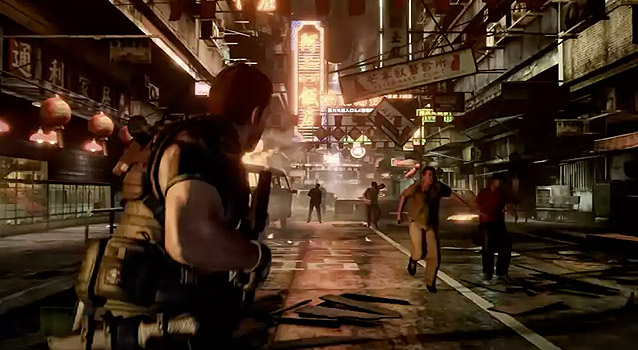In case you’ve lived under a rock for the past six years, let me explain what LPs are before starting. They are a collection of videos, screenshots, or other media of a game coupled with commentary from the player. Said player can focus on providing a walkthrough, making fun of the game, or use it as a blogging medium—each form is considered LPing. Recently a major developer for Mojang made a blog post dedicated to glorifying LPers and their free advertising—however, this view does not belong to the majority.
Many large companies (notably Capcom) have shown an active hatred towards the blogging format, and instead of approaching the LPers and asking them to take down their videos, they are approaching through the law and attempting to limit the Fair Use of Copyright that protects the players from getting sued. The problem, to them, is that collections of an entire video sequence of a game (rather than just a few clips) is equivalent to copying and spreading the game—after all, they programmed the game and made its visuals, so they should control where it shows up, right? Wrong.
The commentary that accompanies LPs is the main point of the videos: not only that, but the gameplay is also generated by the player, drawing parallels to other computer programs. Can you imagine if Microsoft attempted to limit the publishing and printing of .doc formats, regardless of its content? Or if Photoshop started sending cease and desist orders to prolific digital artists? The concept is absurd, and while comparing it to limiting the amount of game time LPs can cover in their walkthrough is a stretch, it’s worth noting that attempting to do so ends up limiting the gaming industry.
While LPing is not popular enough to be essential entertainment for gamers, the influence of major LPers such as NintendoCaprisun, ProtonJon, and ChuggaaConroy are undeniable. Being able to know what you are purchasing before you buy it greatly helps the consumer, and there have been many times that I personally was encouraged to buy a game after watching a few LP videos of it (notably: Minecraft. It’s more hilarious/scary than its premise lets on). It’s like having an extended demo of the game, except the consumer has an added bonus of actually being able to play with their own skills if they actually opt to buy the whole game.
That said, LPs do not hurt sales or dissuade people from buying them, but instead encourage new players to join in on the fun. Obscure games featured by prominent LPers can quickly have their used price on Amazon soar from the demand for the first few days of the feature—which is the only way of directly knowing how LPs affect sales. Although publishing companies might feel obliged to protect their copyright, allowing gamers to record, narrate, and play their games only serves to benefit their company and their game. It’s good to see that major publishers are starting to turn towards the light—but it’s possible that we have a long way to go before LPing becomes mainstream and firmly protected by Fair Use, instead of lingering in a gray area as it does today.


what game is the screenshot from?
Resident Evil 6
the psychopaths will continue to spoon feed our senses until they know they have access to every string and every string can be pulled..
so edgy